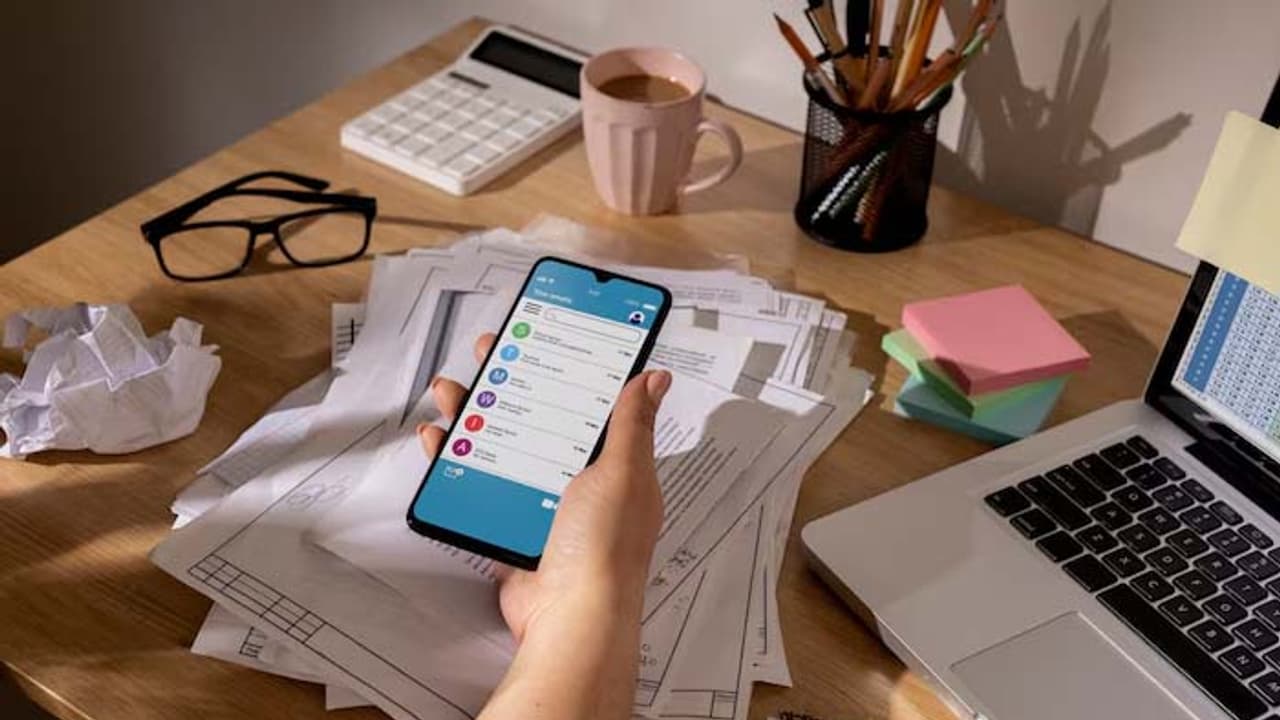Productivity apps are powerful — when used with intention. But when they start controlling your time rather than clarifying it, it might be time to log out, look up, and reclaim your focus.
In the context of our generation's hustle culture and time-maximization fixation, productivity apps have risen as the convenient fix to being productive and organized. From to-do list managers and habit trackers to AI-based scheduling software, it seems there's an app for just about everything. But here's the catch: Are these apps really making us more productive, or are they quietly hijacking our attention?

Are Productivity apps actually killing your potential:
The Productivity App Era
In the last ten years, productivity superstars such as Notion, Todoist, Trello, and Forest have been touted as digital heroes for the contemporary worker. They offer:
Improved task management
Time blocking
Goal monitoring
Easy collaboration
And initially, individuals do feel more alert. But this app addiction comes with a cost.
The Illusion of Productivity
The largest risk is the illusion of being productive. Those hours spent coloring boards, switching between apps, or designing workflows are viewed as productive work — but they tend to displace real deep work.
"We spend more time planning our productivity than producing," says behavioral psychologist Dr. Riya Mahajan.
App Fatigue: There Are Too Many Tools, Not Enough Time
Too many apps is another issue. Each one has multiple tools on multiple different platforms — Slack for messaging, Notion for taking notes, Asana for work projects, and Google Calendar for scheduling. Endless context switching between the tools can lead to fragmented attention, which results in a decline in overall productivity.
It's referred to as context switching, and studies indicate that it has the ability to reduce productivity by up to 40%.
The Dopamine Trap
Most productivity software is coded with gamification features — badges, streaks, checkmarks. They can motivate the short-term but breed reliance on external validation. This conditions our brain in the long term to need validation from virtual milestones rather than inner motivation or aesthetic satisfaction.
Notifications: The Silent Killer
Despite the best apps, notifications are a huge distraction. Every ping, banner, or vibration takes the brain out of focused attention. The majority of productivity software still interrupts users with reminders and pings, ironically becoming a source of confusion instead of clarity.
Digital Detox: The Case for Unplugging
Increasing numbers of professionals and creatives are taking digital detoxes — scheduled times of abstinence from all productivity tools to give the mind a break. They substitute apps with:
Paper journals
Analog timers (like the Pomodoro technique)
Mindfulness and single-tasking
These strategies promote mindful behavior and reduce digital dependency, allowing the brain to return to a flow state more easily.
Finding Balance: Mindful App Usage
Not quitting all apps. Periodically review your tools:
Do you flat out need five apps to organize your day?
Are your tools liberating you or overwhelming you?
Can a simple system accomplish the same work?
Occasionally, going back to the basics — a piece of paper, a whiteboard, one app — will do the trick.


